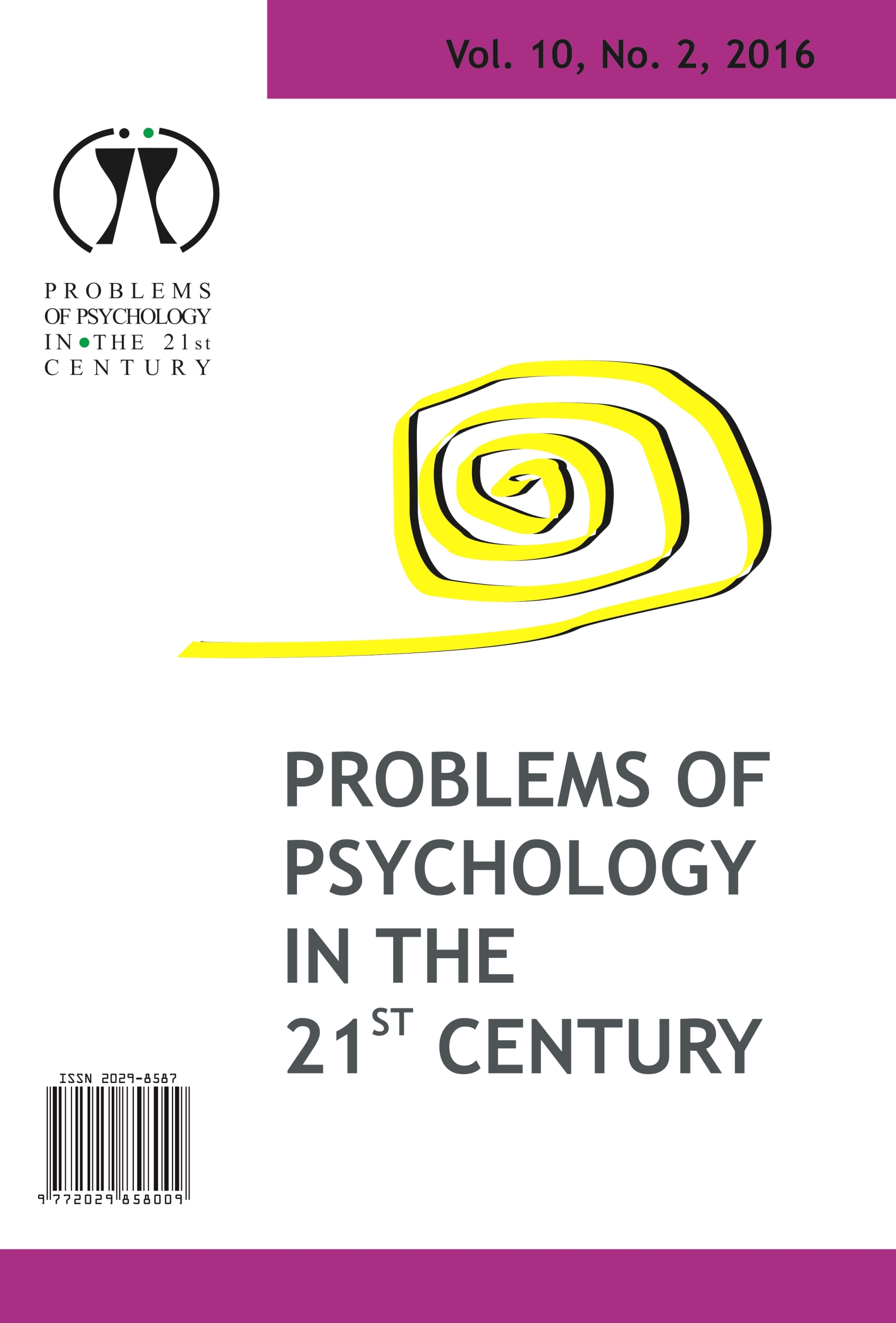THEORETICAL AND PRACTICAL STUDY OF THE CONCEPT OF SOCIAL AND EMOTIONAL HEALTH BY MICHAEL J. FURLONG APPLIED TO THE SELECTION OF TEENAGERS AND YOUTH
THEORETICAL AND PRACTICAL STUDY OF THE CONCEPT OF SOCIAL AND EMOTIONAL HEALTH BY MICHAEL J. FURLONG APPLIED TO THE SELECTION OF TEENAGERS AND YOUTH
Author(s): Tatjana Timofejeva, Guna Svence, Ala PetrulytėSubject(s): Social Sciences, Psychology
Published by: Scientia Socialis, UAB
Keywords: social and emotional health; age phase of teenagers/youth; emotional intelligence; synergic vitality; social competence;
Summary/Abstract: Based on the analysis of scientific research, it has been concluded that methodology "Social Emotional Health Survey - Secondary" (SEHS-S) with meta-construct of Covitality is a universal tool in order to define the social and emotional health of teenagers and young people; it has also been found that the meta-construct of Covitality is essentially related to other psychological constructs, such as emotional intelligence, vitality, social competence and mental health. In the research that was conducted in Riga Teacher Training and Educational Management Academy (Timofejeva, 2015), the method of M.J. Furlong has been adapted to the Russian language, Latvian language interpretation of the notion of Coviality has been proposed offering terms “Sociāli emocionālās veselības faktors” or SEV (Social and Emotional Health factor) or “sinerģiskā vitalitāte” (“Synergic vitality”). Furthermore, theoretically constructive model of author has been created. Within this model, a new correlation has been hypothetically predicted between meta-construct of Covitality (SEV-factor) and other scientifically acknowledged psycho-social constructs and notions: psycho-social prerequisites of the SEV-factor and psychological options that depend on the level of the SEV-factor.During the research, a selection of several teenagers and young people - students of comprehensive schools of Riga - with Russian as their native language was made (n=184). It was found that the applied methodology is valid for the selection of Russian-speaking teenagers/youth of Latvia and that it can be recommended to the psychologists of schools as a new psychometric tool for their professionally practical duties. The data obtained within the research is planned to be used for comparisons with a similar research conducted in Lithuania (Lithuanian University of Educational Sciences), led by prof. A. Petrulytė.
Journal: Problems of Psychology in the 21st Century
- Issue Year: 10/2016
- Issue No: 2
- Page Range: 98-107
- Page Count: 10
- Language: English

